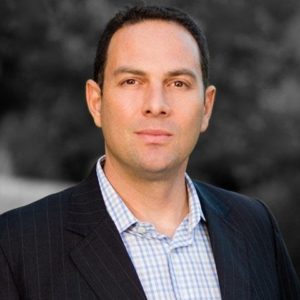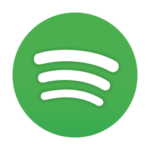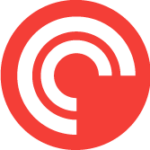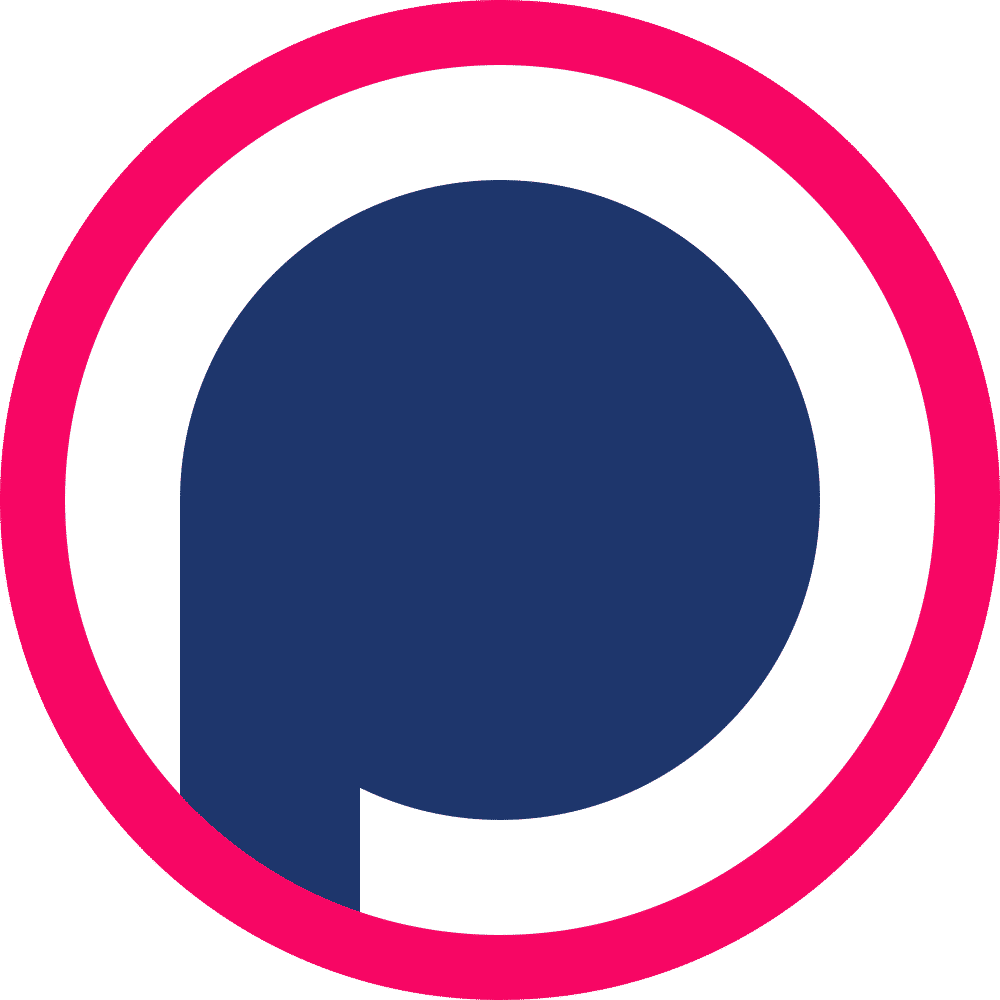Labor Day Tribute: Celebrating the Unsung Heroes of Surgical Practices | SurgiSnacks Episode 6
Listen On :
Tune in for a Labor Day special as Justin Rockman, Surgimate’s VP of Business Development, hosts an inspiring chat with Andrew Wade, Ortho South Carolina’s CEO. Delve into strategies for motivating and engaging surgical practice teams, fostering positivity, and acknowledging achievements. Explore the influence of recognition programs, LinkedIn shoutouts, and inventive methods to empower your healthcare heroes. Uncover how to address labor shortage challenges and master the art of retaining and honoring talent. Don’t miss this enlightening tribute to the unsung heroes of surgical practice management.
Related content:
Join us for SurgiSnacks, the podcast that delivers bite-sized insights into the world of surgical coordination. Hosted by Al & Justin of Surgimate, the surgical coordination software company, each episode features practical tips and best practices for streamlining your surgical practice, enhancing your profitability, and improving the patient experience. Subscribe on YouTube, Spotify, or Apple Podcasts.
Welcome to Surgisnacks, a podcast that serves
up tasty insights for your surgical practice.
Join Al Norweb and Justin Rockman of Surgimate
as they deliver bite-sized episodes that feature
actionable insights and real-world examples to help
you conquer the challenges of surgical scheduling and
unlock your practice’s full potential.
Let’s dig in.
Welcome back to another episode of SurgiSnacks.
My name is Justin Rockman, and I’m
the VP of Business Development at Surgimate.
If you like to geek out about the business of
surgical practices, then you’ve come to the right place.
Here on SurgiSnacks, our goal is to provide you
with bite-sized sessions about ten to twelve minutes each that
you can listen to during your coffee break or in
the car and give you some fresh new ideas when
it comes to running your surgical practice.
My fearless co-host, Al Norweb, won’t be with
me today, but I’m very excited to have Andrew
Wade, CEO of OrthoSC in Myrtle Beach, join me
on our Labor Day special episode.
Welcome, Andrew.
Hey, Justin.
Thanks so much for letting me be here today.
I’m excited to connect with you guys and
share a little bit of our story.
Fantastic. Thank you, Andrew.
So our audience who might not have had
the pleasure of your acquaintance, could you please
share a little brief introduction about yourself?
Yes.
So I’m a South Carolina native, been in
healthcare for almost 15 years at this point,
almost entirely in the realm of Orthopedics.
So I’ve seen a lot of transition, a lot
of change happen over the last couple of years.
It’s been really fascinating to watch, and it’s going to
be a really exciting next 15 years as well.
So excited to talk with you guys today about
some of the technology and the tools and some
of the stuff that makes our world run.
We’re very excited to hear as well.
So the topic for our special Labor Day
episode is centered around people, the hardworking staff
of the surgical practice, who really keep the
business running the business of surgical practices.
They really are the beating heart of
any organization, and they fuel everything.
Now, we have a little tradition here on SurgiSnacks, which
is to link a snack to the theme of the episode.
So today’s is my favorite energy drink, which is
Gatorade, because it’s our team that fuels our performance.
Okay.
I’m sure if you like Gatorade, but I love it.
Andrew, your practice is hugely, hugely successful.
I’ve met with your team numerous times over
the year, and they all seem to be
extremely positive and very highly motivated.
Can you share some of the creative ways that
OrthoSC has fostered really such a positive work environment?
Sure.
I think I would share that some of
the most important things that we’ve done are
really making the ultimate end and the ultimate
goal of everything that we do, our patients.
And in doing that, we have really been
super fortunate to build a team that is
here for the right reasons, right.
They align with that goal of serving our patients well.
And they are people who really, they just
find joy in doing the work that they’re
doing, serving the patients in our community well.
And they recognize the really incredible gift that it is
to be a part of our community in that way.
So on the technical side of that, we know
that our people are what make the place run.
We are so fortunate to have a really great group of
physicians, but there is a massive team of people working around
in front of, behind and off to the sides of each
one of them who really are the right, the left hand
of everything that happens in the practice.
And so from day one with OrthoSC, we’ve really tried
to focus on how do we create an environment that’s
going to give our team the ability to thrive not
just professionally, but as people and as individuals who all
show up to work with different talents and different skills
and different gifts and different passions.
And so we’ve just been really fortunate getting to have
a chance to build OrthoSC from the ground up with
that in mind and being able to leverage tools and
resources to help our people succeed and win.
So people and also the community, you
also mentioned the tools, what’s the interaction between
the people and the tools themselves?
Meaning is it the people that are driving the tools or
is it the tools that help the people along the way?
Yeah, we definitely see the tools being a tool, right.
You can’t buy a piece of equipment or software that can
replace the value that a really sharp, really capable team can
bring and what they can do in an organization.
One of the neat things that is just kind of
a buzzword in the universe today is what AI is
going to look like and how that’s going to run.
I think that artificial intelligence versus augmented
intelligence is a really neat argument, right?
I think we tend to look at
it as the augmented intelligence pathway.
We don’t see AI really replacing the truly unique gift that
our teams bring, but we really do expect that in time,
augmented intelligence is really going to enable them to do more
with their time, with their energy, with their focus, by taking
some of the menial stuff and just kind of shoving it
off to the side and automating.
Those workflows so that they can
really focus on truly driving value.
And truly, when we say driving value, we
mean first and foremost for our patients, right.
The people who are showing up through our door, who
are entrusting their care to us and then obviously behind
delivering well for our patients, giving them more time to
connect and work on not just in our business, but
working on our business so that we can be better
at what we do every day.
We’ve been super impressed thus far.
That our bet that if we take care of our people
and if we try to do the right thing in our
community, it’s going to work out well for us.
And that’s been a good bet so far.
Yeah.
And you really want your people to do the best work that
they can and the way in which you can enable them do
that best work is to provide them with the right tools.
And often those tools do appear only in the
background and it’s the people who are in the
front and the tools are supporting and enabling them.
But really, if it’s too focused on the technology and
too focused on the tools, then the people disappear and
that creates a lower level of patient experience.
Yes.
So one of those key tools that I’ve seen that you’ve
used very strongly happens to be on LinkedIn right now.
We’re connected there.
And I see you do fantastic praise that you give
and dole out to your team, to your staff, in
terms of recognition and different programs and celebrations.
Do you have a structured program in place?
Is this intentional or what have you done
to implement such a successful strategy at OrthoSC?
That’s a lot to unpack there.
I would say with what I do on LinkedIn,
I see myself as a student of leadership. Right.
So I’m nowhere near having anything
figured out in my life.
And so I use LinkedIn as a tool to learn.
I’m always looking for what are other
people out in the industry doing?
How are they engaging with their teams?
What are they doing to solve the problems?
I see my role as not as the company’s boss,
not as just the CEO who’s in his office, right,
but as somebody who’s supposed to be out there helping
figure out how are we going to pull this off.
And then working with our team to figure out how
do we structure and organize those people, how do we
bring in the newest tool that’s become available out there,
how do we help our business and our team thrive?
One of the neat things that we have
seen from that perspective is that it is
just super personally focused for us.
We do some of the more traditional stuff.
We’ve got some of the we call it props.
So it’s an opportunity.
Anytime one of our team members recognizes another fellow
team member doing some incredible work, we’ve got a
system set up where they can send a quick
note in and recognize that team member and we
recognize those folks in our newsletter.
We do a shout-out channel in our
version of Slack Microsoft Teams that we use.
And that’s been really cool.
But we really find that the reward
systems work best when they’re personalized. Right?
And so one of the things that we do is
we drive our leaders to not just work with their
team, but to know their, you know, to know when
their team is celebrating a marriage or a kid’s first.
Day of school or a new team that’s been joined
to walk with the team through hard moments when they
have a loss in their family or when they’re going
through a really tough time at work or at school
or outside or whatever that is.
And our reward systems work the same way. Right.
So it’s tough to explain because it’s
really kind of all over the place.
And that’s because we’ve designed the system as such
that we want each of our leaders to figure
out what works for their team and leverage that
instead of just a cookie-cutter approach that does
something across the entire company at one time.
My business office revenue cycle director
is really fantastic at it.
She works with almost an entirely remote team,
which has its own set of challenges, right?
When you can’t see people face to face every day.
But she’s created some really neat stuff where
she’s doing stuff with them asynchronously and also
scheduling events where they can all come together
and hang out together outside of work and
do things together in that sense.
So it’s been really neat to see how
that super personalized approach really connects with folks
and can recognize them the way that they
need to be recognized to see that.
So both external recognition programs, front-facing programs
like LinkedIn, but also you’ve instituted a lot
of internal recognition programs, and it’s also not
just about celebrating the big things.
It’s also the personal milestones and recognizing
team for exceptional work, large and small.
Yes.
I think I would say there’s real
power in just saying thank you. Right.
It’s such a small thing.
Absolutely.
But the ratio of the number of times that our team hears thank
you really need to be on par or in front of the
number of times that they hear, hey, I need insert blank.
Right? Yes.
It’s all our jobs.
It’s why we’re here.
We’re here to get our jobs done.
But there’s just something incredible about the simple act of
taking 2 seconds to say, hey, I see you.
That’s incredible work that you’ve
done, I really appreciate it.
I could see how that you went
above and beyond and that’s just awesome.
So thanks for what you’re yep.
Fantastic.
Andrew, I recall once you referring to employees that
even left the practice as graduates of maybe you
could tell us a little bit about your vision
on recruiting or retaining, then also ultimately allowing talent
to move on when it’s right for them. Right.
Yes.
So it’s always a moment where sometimes I have to come
in my office and cry under the desk for a few
minutes while we figure out how we’re going to do this.
But we really do see that as a thing to celebrate.
Right.
When somebody takes an opportunity that they’re going to
professionally grow and they’re going to be able to
do more for the family in what they’re creating
and earning or stepping into a role where we
have watched them grow, we’ve watched them evolve, we’ve
watched their knowledge and their skills and their abilities
just get honed and improved.
And they’re taking a step into a job
where they’re going to continue that process.
We think it’s something to celebrate.
It’s not fun when you have turnover.
A lot of the time we’ve built relationship
with these people and we know them, they
know us and we love each other, right?
I mean, there’s a lot of camaraderie that’s there
but it’s just like family when you live in
different cities and different states and different areas.
Just because you move on from a team
doesn’t mean that that’s dissipated or gone, right?
And so we think of it
not as leaving, but as graduating.
And it’s really served us well in the sense of
people feel more appreciated when they recognize that their leaders
don’t just see them as cogs in a wheel, right?
But when they see them as people who bring
talents and gifts and skills that we’re not just
trying to eke the value out of, but that
we’re trying to empower and bring forth.
Help them be the best that they can be.
We really believe that people show up to work and
they want to win, they want to do good work.
And so we see ourselves not as just we
got to get stuff done, but we see ourselves
as how do we help people thrive?
Right.
And that way you can really have more intentional
actions within the practice to make sure recognition is
really part of the DNA of the organization.
Andrew, I think we’re actually getting close
to the end of our time.
So in summary, I think the best way to
move from the great resignation, maybe the great motivation,
is to ensure that we really celebrate all of
our hardworking staff in an intentional way.
Show off your team on LinkedIn, institute these
Kudos programs, these Cheers programs and highlight the
small successes as well as the large successes.
So thank you so much Andrew for joining us today
on SurgiSnacks for our special Labor Day episode.
Wish you all a happy holiday and I
think it’s now time for our energy drink.
You don’t need that energy drink, you get so
much energy from your team and your staff.
So cheers.
Thanks Justin.
Related Episodes
Episode 4: When Patient Reviews Sting - Part II
Episode 5: Finding the Sweet Spot
MEET THE HOSTS

Justin Rockman
VP of Business Development
The industry expert on surgical scheduling workflow optimization, Justin consults for surgical practices and lectures nationwide. Justin joined Surgimate after 8 years as a founding member of an IBM-acquired startup. A devoted husband and father of four, ultra-marathoner and lover of the outdoors, Justin studied law at Monash University and earned his MBA from Bar Ilan University.

Al Norweb
Chief Growth Officer
Al Norweb is focused on everything and anything that brings the power of Surgimate to more surgical practices. Al mostly recently served as the General Manager of Orthopedics for a leading EHR and practice management software company where he oversaw a near quadrupling of their book of business. Based in Miami, FL, Al holds an MBA from Harvard Business School, an MPA from Harvard Kennedy School, and a BS in Economics from Duke University.
be our guest?
Would you like to be part of our next podcast episode? If so please contact us for more details.










Andrew Wade is part of an team that’s bringing better orthopedic health to the northeastern counties of South Carolina. He specializes in helping physicians and their teams navigate complexity and mitigate administrative burdens.
Andrew Wade Chief Executive Officer at OrthoSC